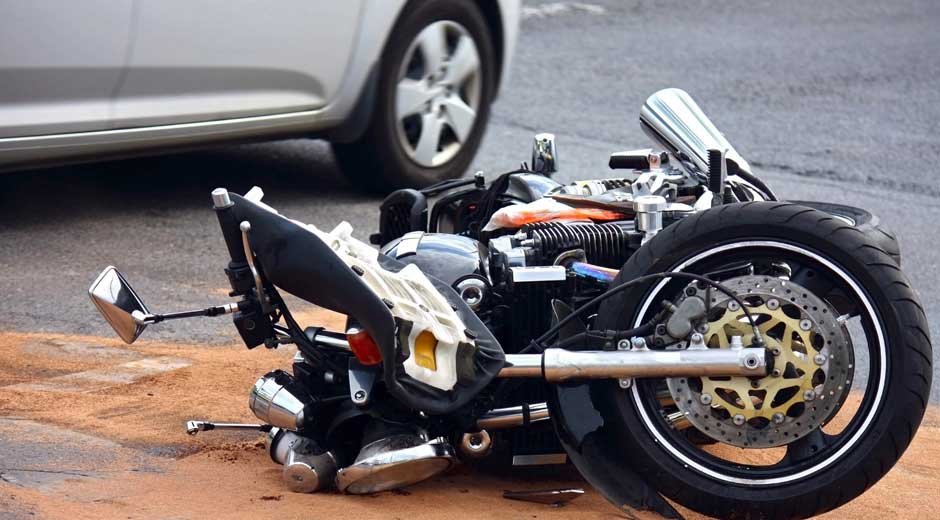Navigating a motorcycle injury lawsuit can be hard for anyone hurt in a motorcycle accident. After an accident, there are often physical injuries, emotional pain, and financial problems. Knowing your rights and how to file a lawsuit can help you get the compensation you deserve.
If you feel unsure, don’t worry; this guide will help explain the process and give you the information you need to move forward. Read on!
Contents
Understanding Motorcycle Injury Lawsuits
A motorcycle injury lawsuit usually happens when a rider gets hurt because someone else was careless. Carelessness, or negligence, is a key factor in proving who is at fault. Things like distracted driving, breaking traffic laws, or driving drunk can all cause accidents.
Proving Negligence in Your Case
To win a lawsuit for a motorcycle injury, you must show that the other person was careless. This means gathering evidence like police reports, statements from people who saw the accident, and medical records. Your lawyer will help you gather all the needed documents and present them to make your case stronger.
The Legal Process: Step by Step
Once you’ve decided to file your lawsuit, several key steps need to be followed:
Consult a Motorcycle Accident Attorney
Talking to a lawyer who understands motorcycle accidents can help your case. They can explain your rights and guide you through the process. Lawyers also know how to deal with insurance companies.
File a Complaint
A complaint is a document that explains what happened and what you want from the lawsuit. It lists your claims, like your injuries and how the other party is to blame. For example, you might ask for money to pay for medical bills, lost wages, and pain.
Discovery Phase
In the discovery phase, both sides gather information for the case. You might get police reports and medical records, while the other side gets their own evidence. Both sides also share documents and ask each other questions that could help the case.
Negotiation and Settlement
Before going to trial, both sides often try to make a deal. For example, the insurance company may offer a motorcycle crash settlement, or the lawyer might ask for more money.
Trial
If no deal is made, the case goes to trial. Each side shows their evidence, like photos or medical reports.
Assessing Your Damages
Calculating compensation for your injuries is a crucial part of the process. Damages can include medical expenses, lost wages, pain and suffering, and any long-term effects of the accident. An experienced motorcycle accidents attorney will help you accurately assess and substantiate these losses, ensuring you seek fair compensation.
Why Legal Representation is Essential
Engaging a motorcycle accidents attorney can significantly influence the outcome of your case. Not only will they have a thorough understanding of motorcycle accident law, but they will also be adept at negotiating with insurance companies-who often aim to minimize payouts. A skilled attorney can advocate on your behalf.
Moving Forward After Your Injury
While dealing with a motorcycle injury lawsuit can be stressful, it’s essential to stay focused on your recovery. Keeping open communication with your attorney, adhering to medical advice, and maintaining a positive outlook are important parts of the journey.
Your Path to Justice Begins Here
To summarize, navigating a motorcycle injury lawsuit involves understanding the legal process, establishing liability, and securing proper representation. The road ahead may seem challenging, but with the right information and the support of an experienced attorney, you can successfully advocate for your rights.
For more topics aside from motorcycle lawsuit cases, check out the rest of our blog!








